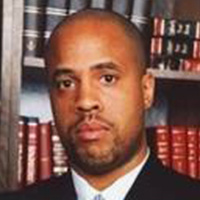Prescott Valley Criminal Lawyer, Arizona
Sponsored Law Firm
-
 x
x

Click For More Info:
-
Kenneth S. Countryman, P.C.
1130 North 2nd Street P.O. BOX 11077 Phoenix, AZ 85004» view mapCriminal Defense Law A Law Firm You Can Trust
Let Kenneth S. Countryman, P.C. handle your criminal defense legal matters.
800-978-0861
Craig Williams
Domestic Violence & Neglect, Divorce & Family Law, DUI-DWI, Criminal
Status: In Good Standing
Daniel J Derienzo
Family Law, Divorce & Family Law, Criminal, Bankruptcy & Debt
Status: In Good Standing Licensed: 39 Years
Brian G Pursell
Litigation, Family Law, Divorce & Family Law, Criminal
Status: In Good Standing Licensed: 15 Years
Robert L Todd
Municipal, Public Law, Criminal, Consumer Rights
Status: In Good Standing Licensed: 34 Years
Jack H Fields
State Government, Trusts, Criminal, Elder Law
Status: In Good Standing Licensed: 37 Years
 Kenneth Countryman Phoenix, AZ
Kenneth Countryman Phoenix, AZ Practice AreasExpertise
Practice AreasExpertise
